I see countless authors in Facebook writing groups moan, “I can’t afford professional editing.”
There are so many people an author could collaborate with when editing their book—developmental editors, copy editors, line editors, structural editors, proofreaders, plain-language editors, writing coaches, content editors, beta readers, alpha readers, unhelpful readers. The list could go on.
Let’s get real. Most self-publishing authors (heck, many publishers) don’t have the money to engage more than one or two people to edit their book.
What’s an author to do?
Here is a cost-effective editing strategy that will allow authors to publish the most polished piece possible.
Build your foundation: We’ve all seen those Amazon book reviews that say “Idea was great, but plot/argument was all over the place.” “Meandering and hard to follow.” “Lost steam midway through.” “Had to force myself to finish.” Don’t you get aggravated when you’re using your GPS and it throws in unnecessary turns or gives you a route you know will take 30 minutes more than necessary? You trust your girl Siri to not lead you astray.
The relationship between authors and readers is the same. The reader initially trusts the author to keep them on the most efficient path to the very end. Readers will forgive a couple of grammar and punctuation errors, but they get aggravated if the path the author provides is too circuitous. Authors, make sure your piece has a good structure.
What are your options?
a. Priciest option: Invest in developmental editing or book coaching. There is a lot of overlap between the two. Whomever you work with, make sure they have experience with your genre and putting some structure around texts. Even if you have a developmental edit, I still suggest you put in the time to…
b. Budget-friendly option 1: Find some beta readers—but choose them carefully. You’re looking for readers that can offer constructive criticism and solutions. Help your beta readers by asking them to answer specific answers about your manuscript. Where is the text overly word? Do the chapters feel logical? If you don’t guide them, the best you can expect from them is “Great story!"
c. Budget-friendly option #2: The outcome of a manuscript critique is usually a lengthy letter an editor writes to the author summarizing the developmental issues. Typically, the letter provides examples supporting the editors’ findings. A manuscript critique is a budget-conscious alternative to a full developmental edit.
Polish: You’re past the developmental stage. You’re confident in the structure of your manuscript and you’ve written and rewritten sentences and you. are. just. done. with the self-editing process. At this point, writers will say “I need an editor/proofreader.”
Stop right there. Do not ask for proofreading if you haven’t been copyedited yet. I see so many authors that are disappointed with their editors and I suspect either a) they didn’t get a good editor, b) they asked for the wrong editing service. Proofreading will only correct obvious errors that copyediting didn’t address. A simplified example: A copyedit will condense a grammatically incorrect 50-word sentence into three grammatically correct sentences with 25 words. A proofread will address the grammar issues but will leave the sentence intact with 50 words.
If money is tight, copyediting is where you should make your editing investment if you have selected some fantastic beta readers. Copyediting will transform good prose to great. Your copy editor should help correct grammar, punctuation, and spelling'; tighten up and rearrange sentences; remove extraneous spaces, and more. A couple of gracious readers reading your copyedited text can move you from 90% to 95%.
You’re probably thinking, “What about those writing tools I see authors talking about?” Grammarly, ProWriting Aid, and other popular writing aids are steps up from Microsoft Word’s grammar and spelling checks but they won’t help maintain your voice, identify inconsistencies, or tell you when you’ve lost your way within the paragraph.
How do I find a good editor? Beware of editors offering rock-bottom fees for lengthy material. Professional copyeditors invest in continuous education and are up-to-date on current language trends and know when to break grammar rules (that are actually myths). If your editor has removed all your conjunctions (and, but) that started some of your sentences or they’ve rearranged your sentence to avoid ending with a preposition (with, of)— you’re not working with a professional.
If you made it all the way to the end of this blog and you’re still confused, drop me a line. Let’s figure it out together.

